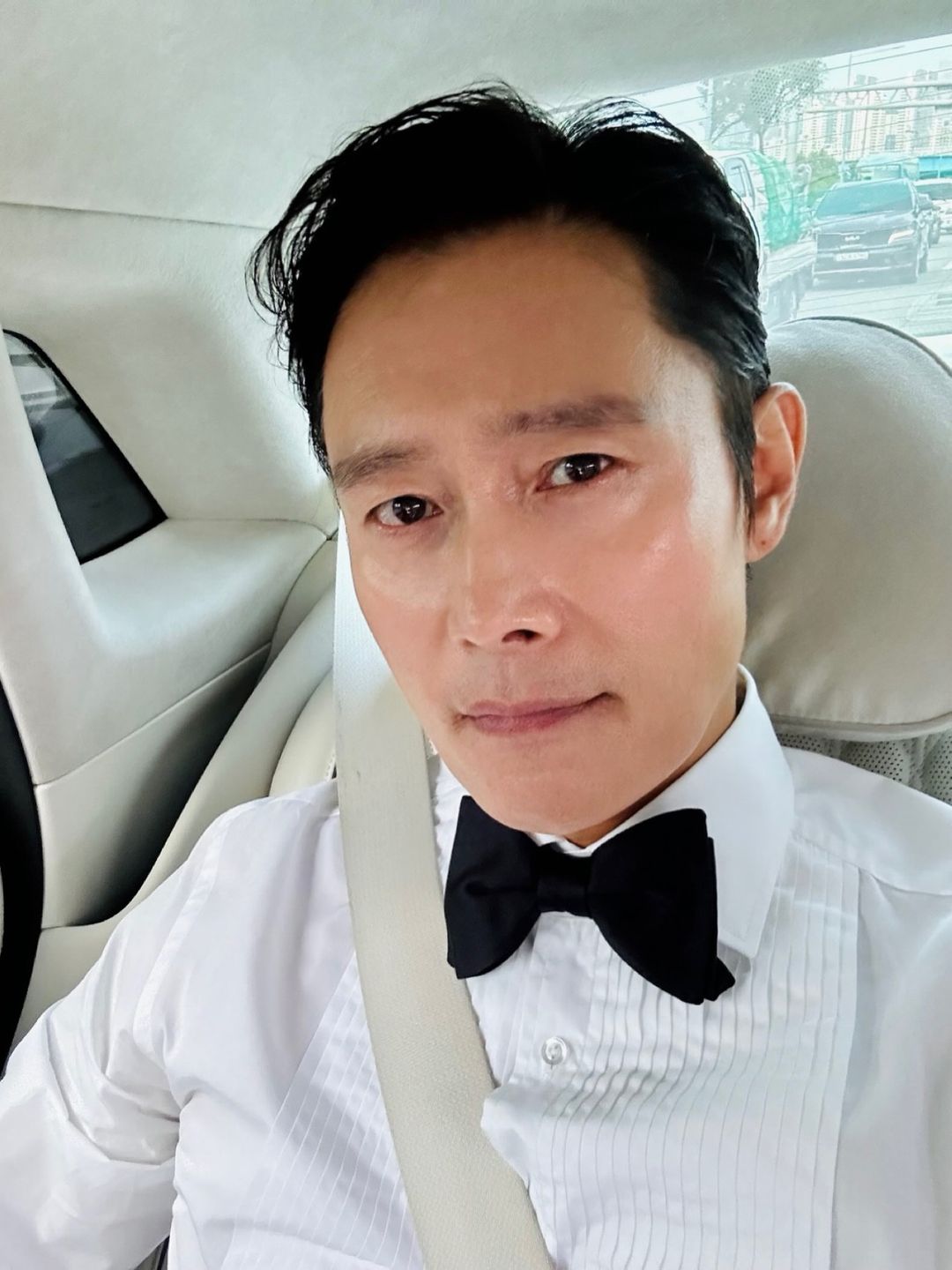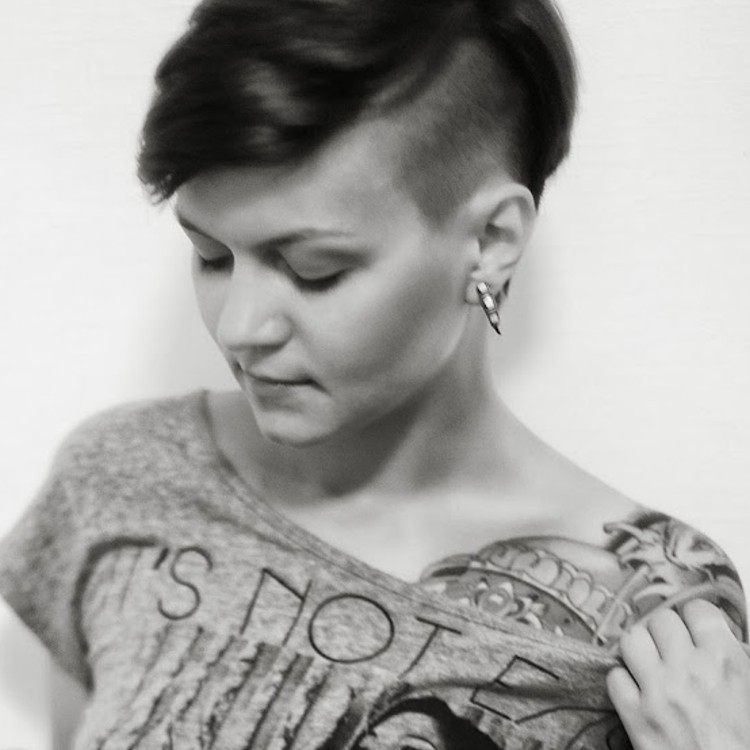Lee Byung-hun Biography
Lee Byung-hun is a Korean actor who's spent over three decades proving that talent knows no borders. Born in Seoul in 1970, he's gone from a hesitant student who never planned on acting to an international star equally convincing in Korean dramas and Hollywood blockbusters.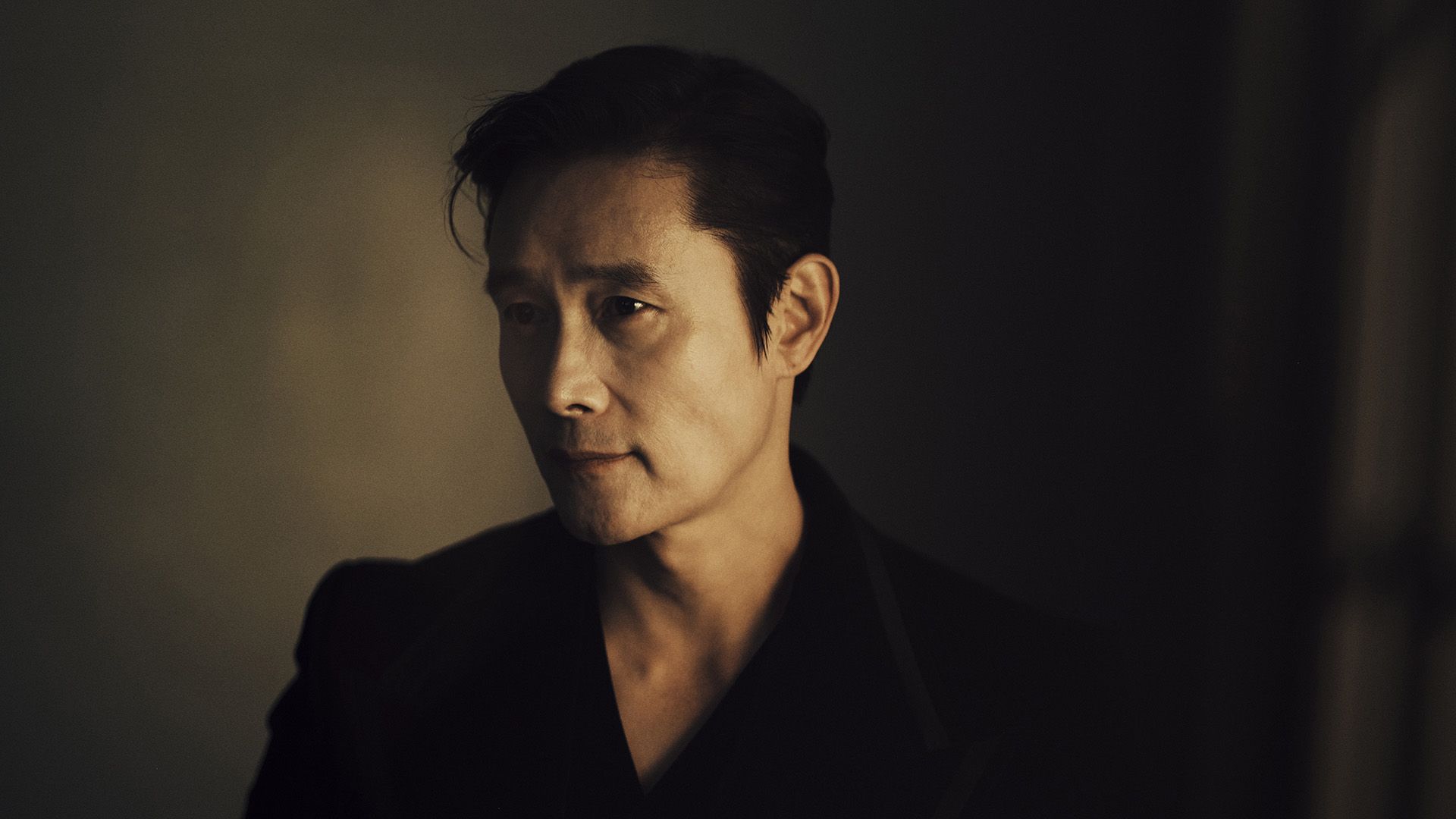
Childhood and Family
Lee Byung-hun was born on July 12, 1970, into a well-off Seoul family. His father, Lee Jong-gun, was a successful businessman, while his mother, Park Jae-soon, was a homemaker. He grew up with his younger sister Eun-hee, who became Miss Korea in 1996.The actor has admitted he was quite a restless kid—a trait that's helped him create such vivid and memorable characters.
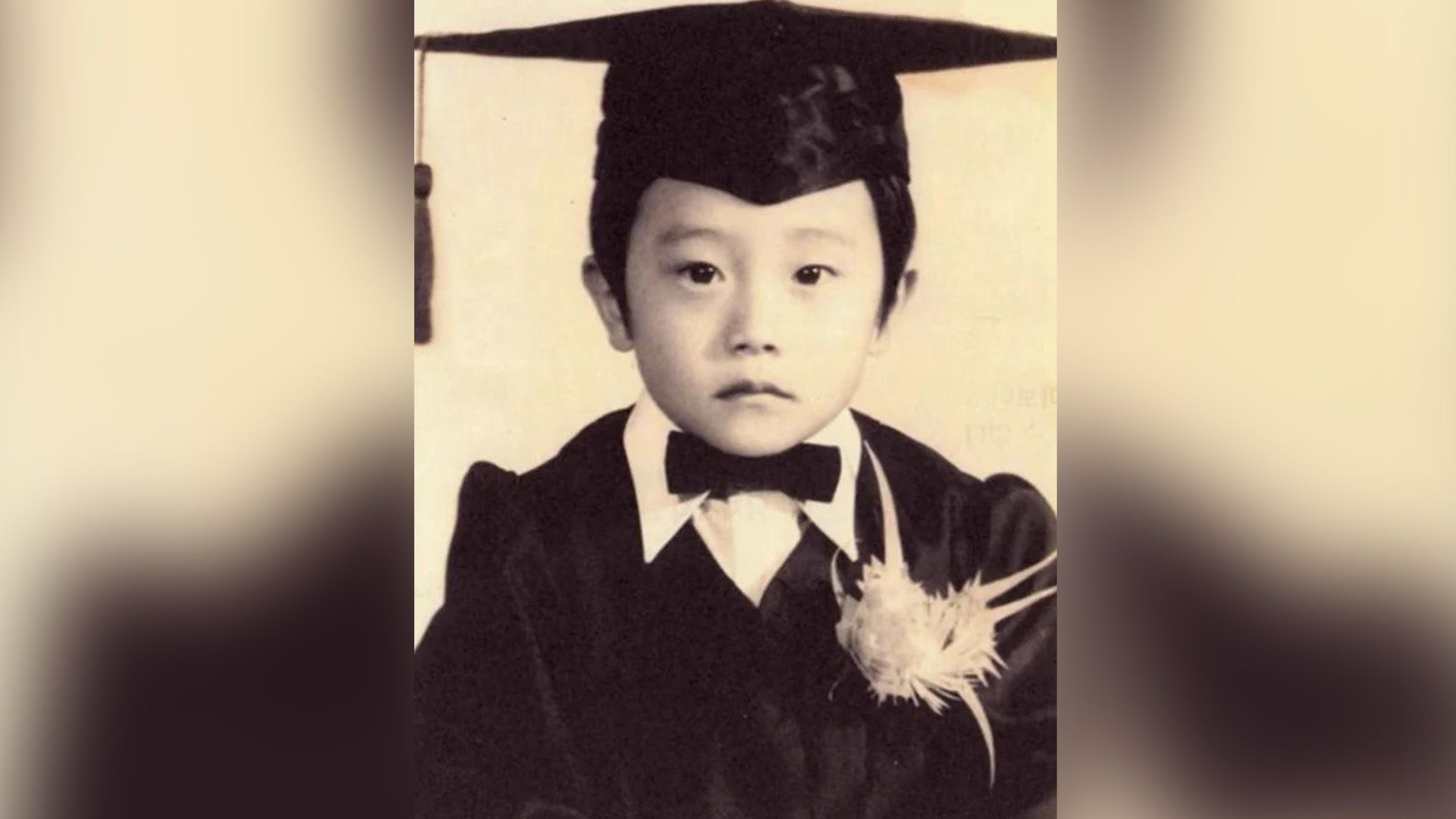
Education
Initially, Byung-hun took the academic route—studying French literature at Hanyang University, where he earned his bachelor's degree. He then continued at Chung-Ang University's graduate school, getting his master's in theater and film.An acting career wasn't his dream at all—he was pushed toward the idea by his mother's friend, who suggested he give acting a shot. Sometimes the most unexpected advice changes everything.
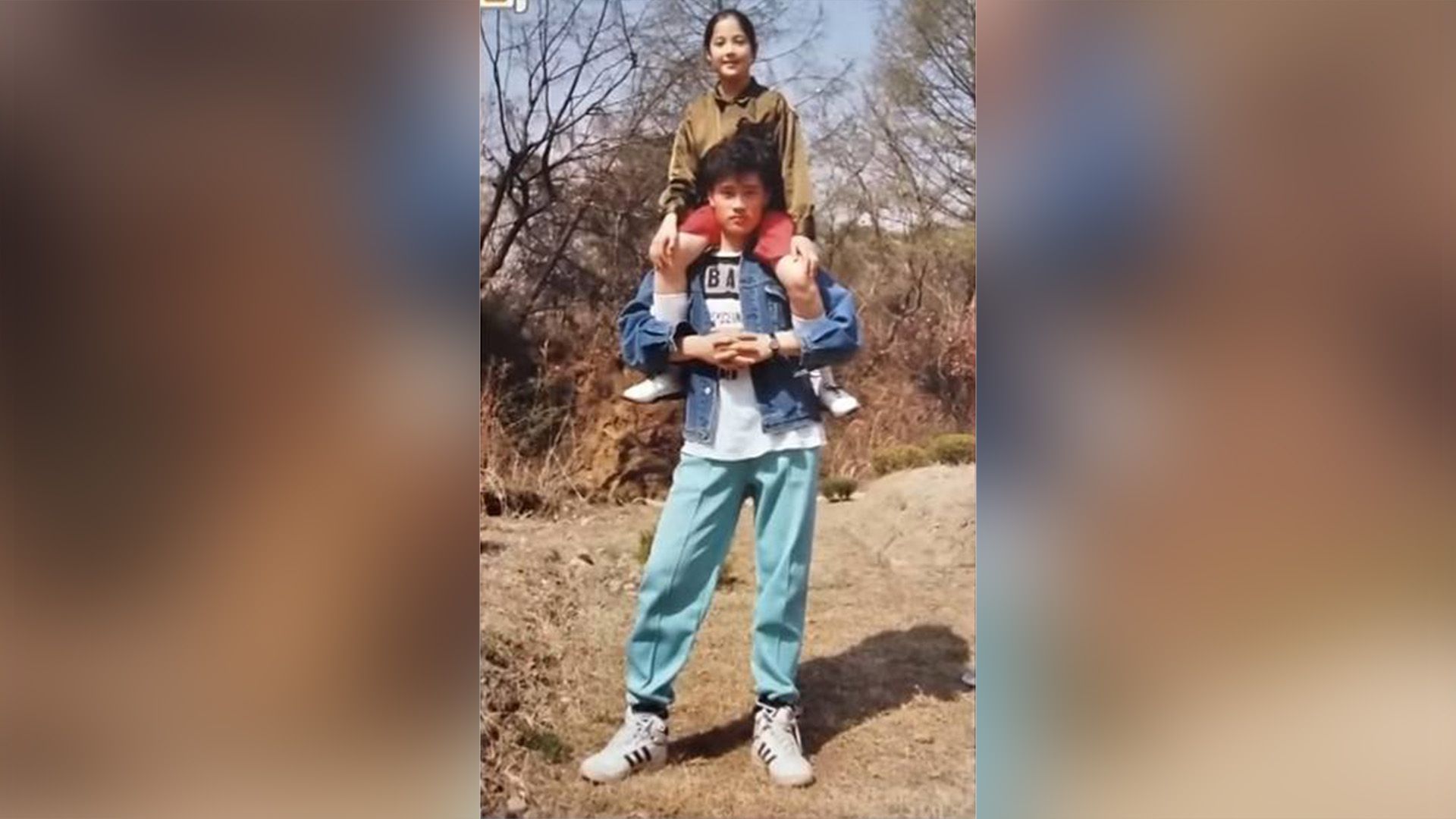
Acting Career
First Steps (1990s – Early 2000s)
In 1991, 21-year-old Byung-hun passed an open casting call at KBS television. His debut came in the series "Asphalt My Hometown."He gained recognition with his next KBS project – the 1992 drama "Tomorrow's Love," where his character successfully blended masculinity with tenderness, winning over female audiences.
Public attention also came from the 1995 dramatic series "Dreamers," in which Byung-hun played a young car designer, and the romantic film "My Heart's Organ," where his character, a young school teacher, becomes the object of a student's affection.
The breakthrough came in 2000 with Park Chan-wook's historical drama Joint Security Area. The film shattered all box office records and became the highest-grossing Korean film of the year. His role as a South Korean border guard serving in the demilitarized zone earned Lee the Best Actor award at the Busan Film Critics Awards.
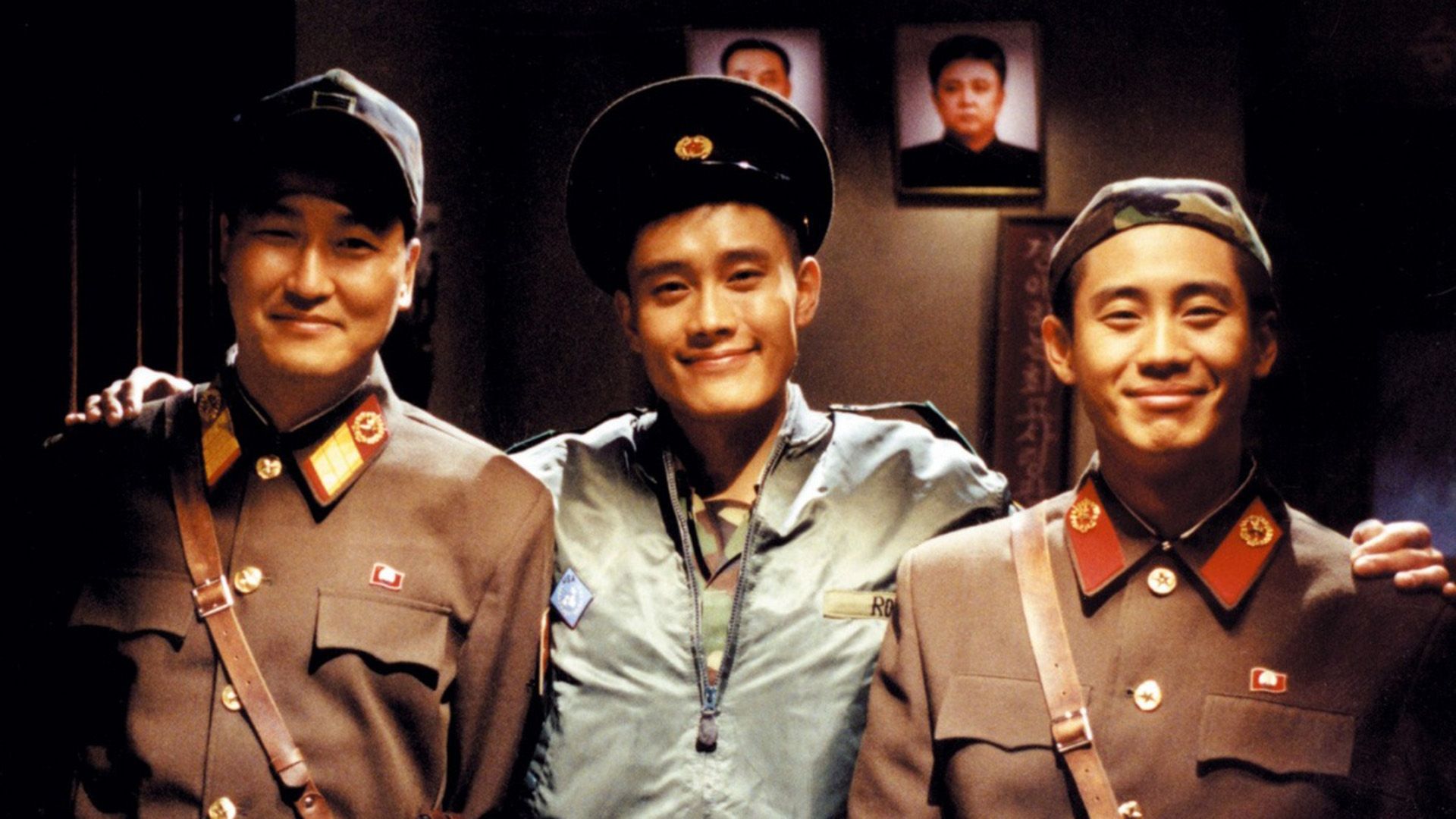
In 2001, Lee's popularity continued to grow thanks to the melodramas "Beautiful Days" and "Bungee Jumping of Their Own." In 2003, he received the Grand Prize at the SBS Drama Awards and Best Actor at the Baeksang Arts Awards for his role in the poker drama "All In." By that point, Lee had won popularity not just in South Korea but across Asia, especially in Japan.
Professional Recognition (2005 – 2012)
Starting in 2005, Lee focused on feature films, earning critical acclaim for his role in Kim Jee-woon's crime drama A Bittersweet Life, which screened out of competition at Cannes. Lee played Sun-woo, the right-hand man to a powerful mobster. Critics described the film as "the perfect marriage of noir style and Korean ultra-violence."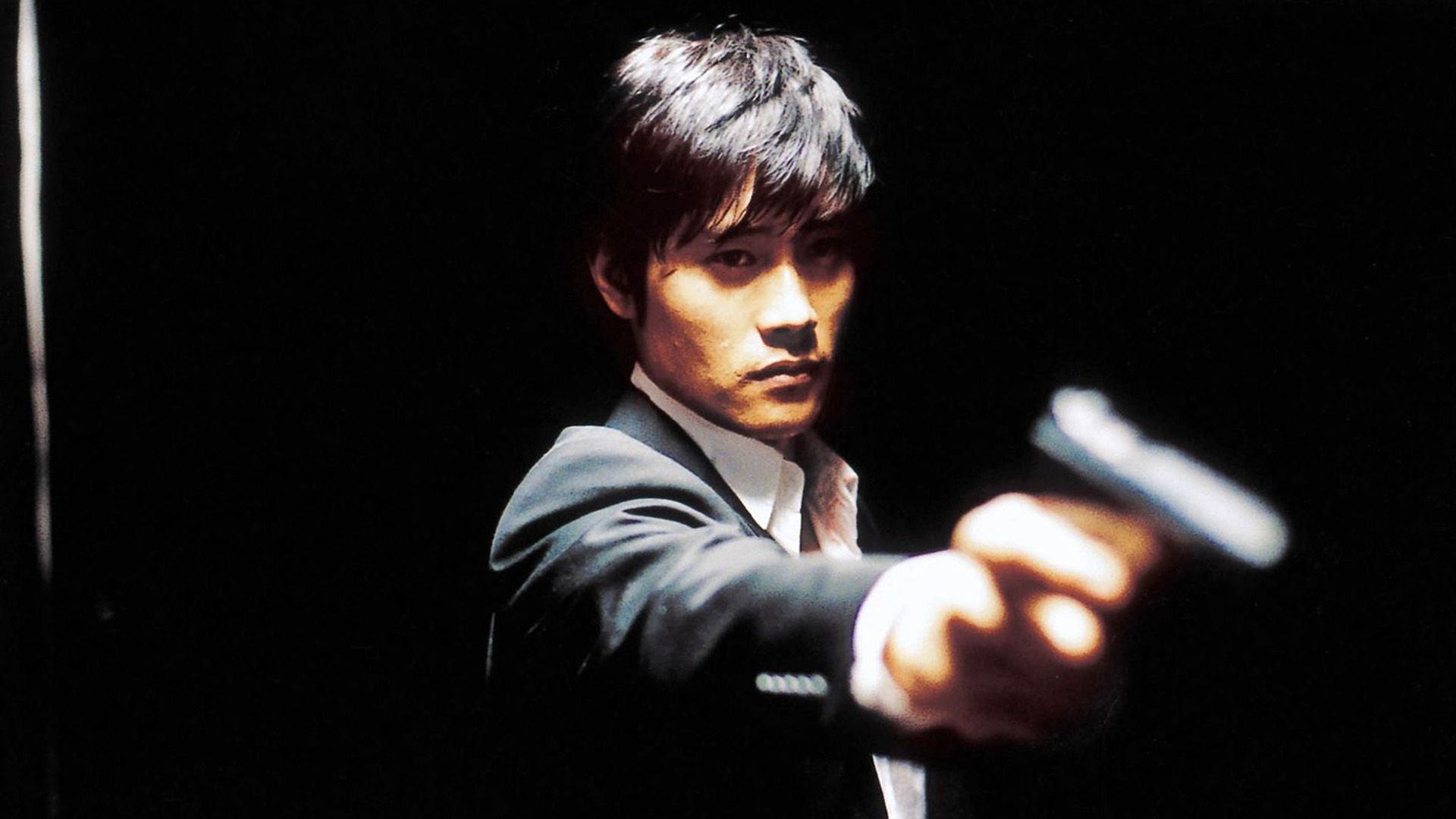
In late 2009, Lee returned to television in the spy action series IRIS, playing a secret agent caught in an international conspiracy. He reportedly earned over 100 million won per episode – at the time, the third-highest fee in Korean drama history.
In 2010, Lee starred in the thriller I Saw the Devil opposite Choi Min-sik – his third collaboration with Kim Jee-woon. The film premiered at Sundance. His role as an intelligence agent earned him the Grand Prize at the Baeksang Arts Awards.
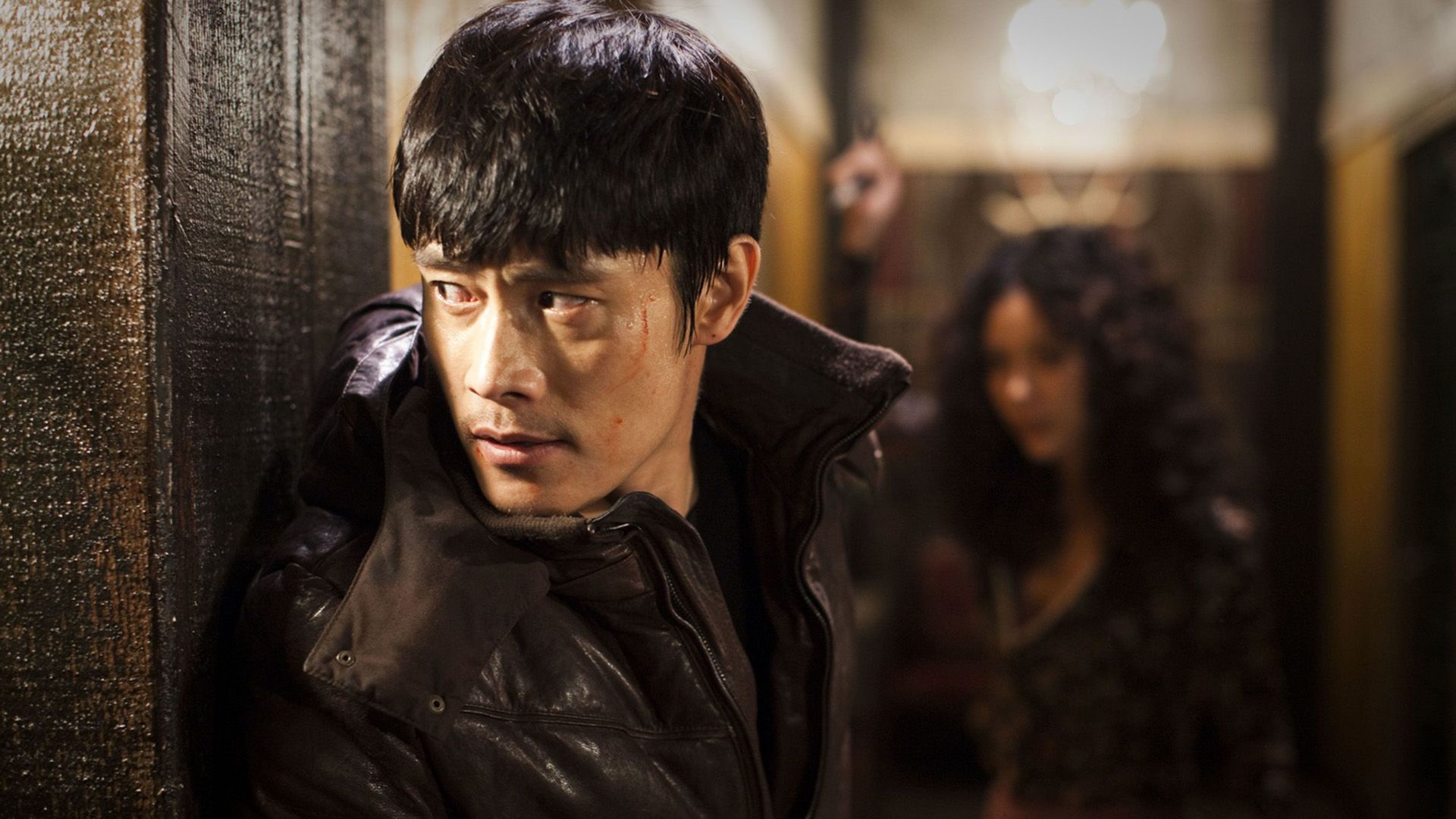
Hollywood Roles (2009 – 2016)
In 2009, Byung-hun made his Hollywood debut playing Storm Shadow in the action film G.I. Joe: The Rise of Cobra. Despite being relatively unknown to American audiences, his co-stars praised working with him on set.2009 marked a turning point – Lee landed a role in G.I. Joe: The Rise of Cobra alongside Channing Tatum and Dennis Quaid. In 2013, he reprised the role in G.I. Joe: Retaliation and starred in the action film RED 2 with Bruce Willis, Helen Mirren, John Malkovich, and Anthony Hopkins.
In 2015, Lee had two Korean films – Inside Men and Memories of the Sword – plus the Hollywood blockbuster Terminator Genisys, where he played the T-1000 android and got to work with one of his action heroes, Arnold Schwarzenegger.
On February 28, 2016, Lee participated in the 88th Academy Awards ceremony, presenting the Best Foreign Language Film award alongside actress Sofia Vergara. He became the first Korean actor to ever present an Oscar.
That same year, Lee played sharpshooter Billy Rocks in the western The Magnificent Seven with Denzel Washington, Chris Pratt, and Ethan Hawke.
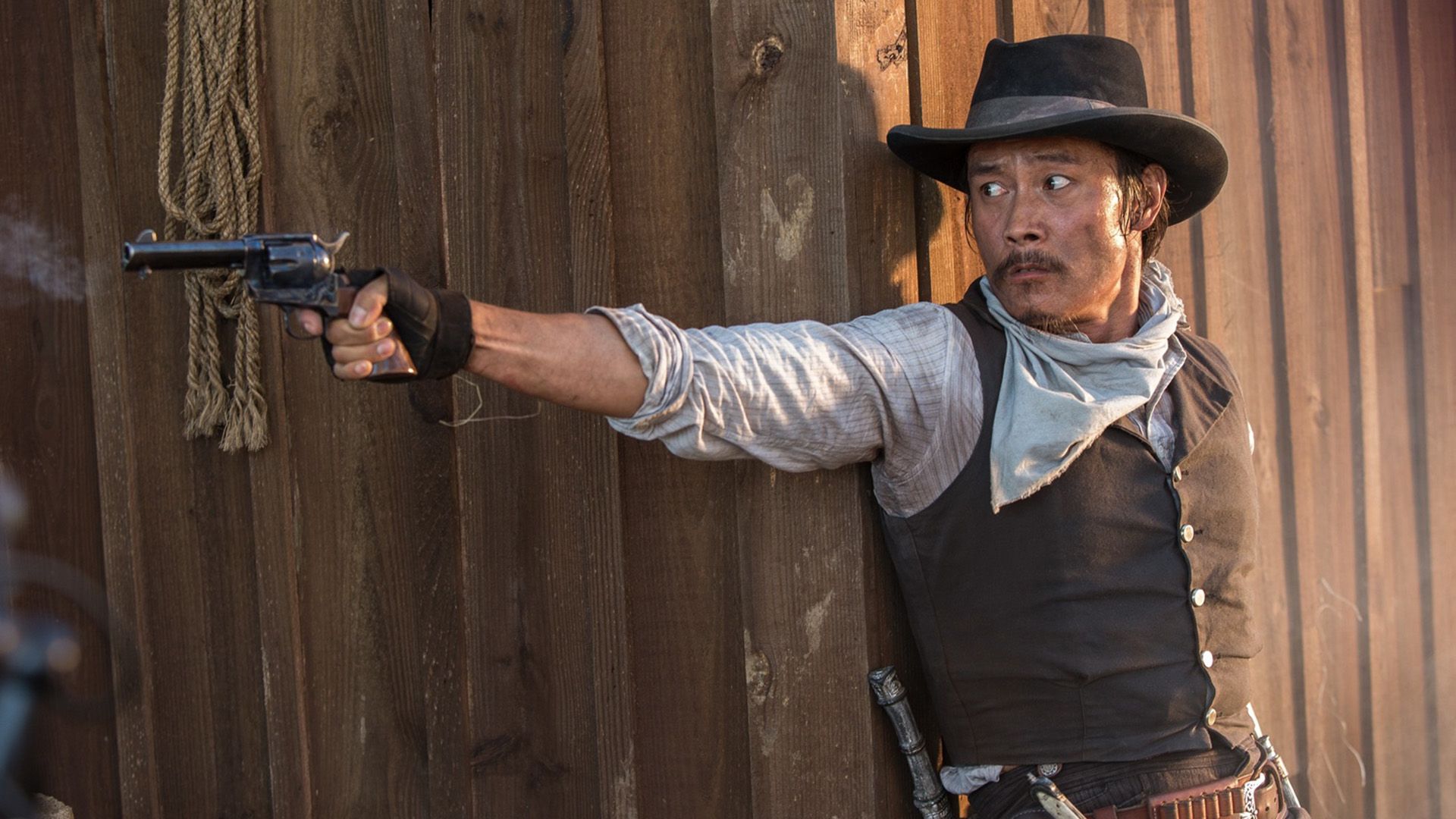
Return to Korean Cinema (2015 – Present)
Released in 2015, director Woo Min-ho's "Inside Men" became the highest-grossing R-rated film in Korean box office history. Lee, the film's lead star, earned Best Actor awards at multiple ceremonies – 14 awards total.In 2018, Lee returned to television in "Mr. Sunshine," a historical war drama by screenwriter Kim Eun-sook. The series was both a critical and commercial hit, with Lee winning the Grand Prize at the 6th APAN Star Awards.
In 2019, Lee starred in the action thriller "Ashfall," followed by the 2020 political drama "The Man Standing Next." Both films performed strongly at the box office, proving Lee Byung-hun remains one of Korea's leading actors.
In September 2021, he appeared in Netflix's "Squid Game" Season 1 as the Front Man (also known as the Masked Man, the series' main antagonist). He reprised the role in Season 2, which dropped in December 2024, and will return for the final season (June 2025).
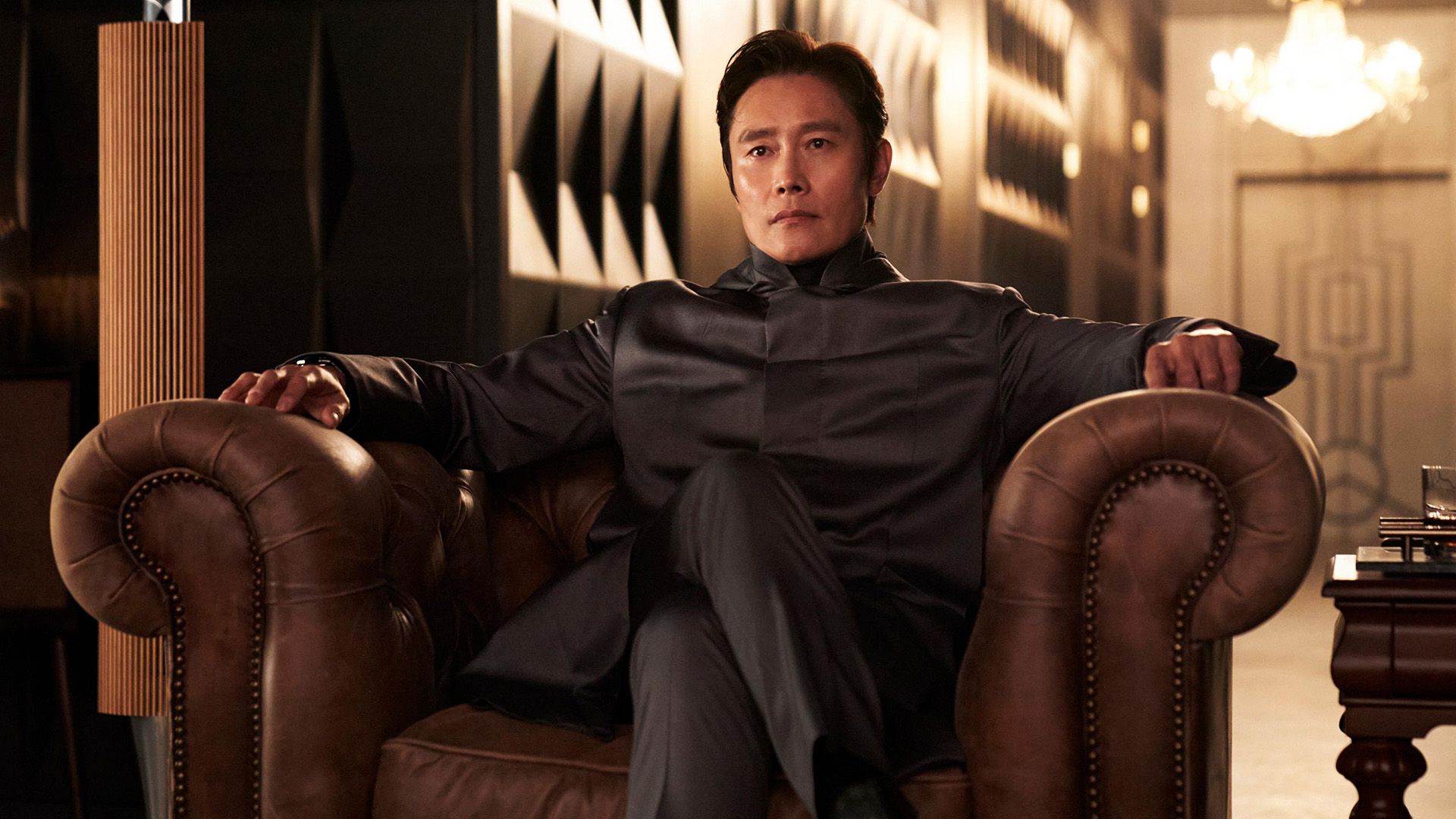
Lee Byung-hun's Personal Life
Since August 2013, Lee Byung-hun has been married to actress Lee Min-jung. They started dating in 2006, broke up, but gave their relationship another shot in 2012.Min-jung admitted she kept postponing the wedding: "I wanted to act a little longer. But he said – decide, I'll wait."
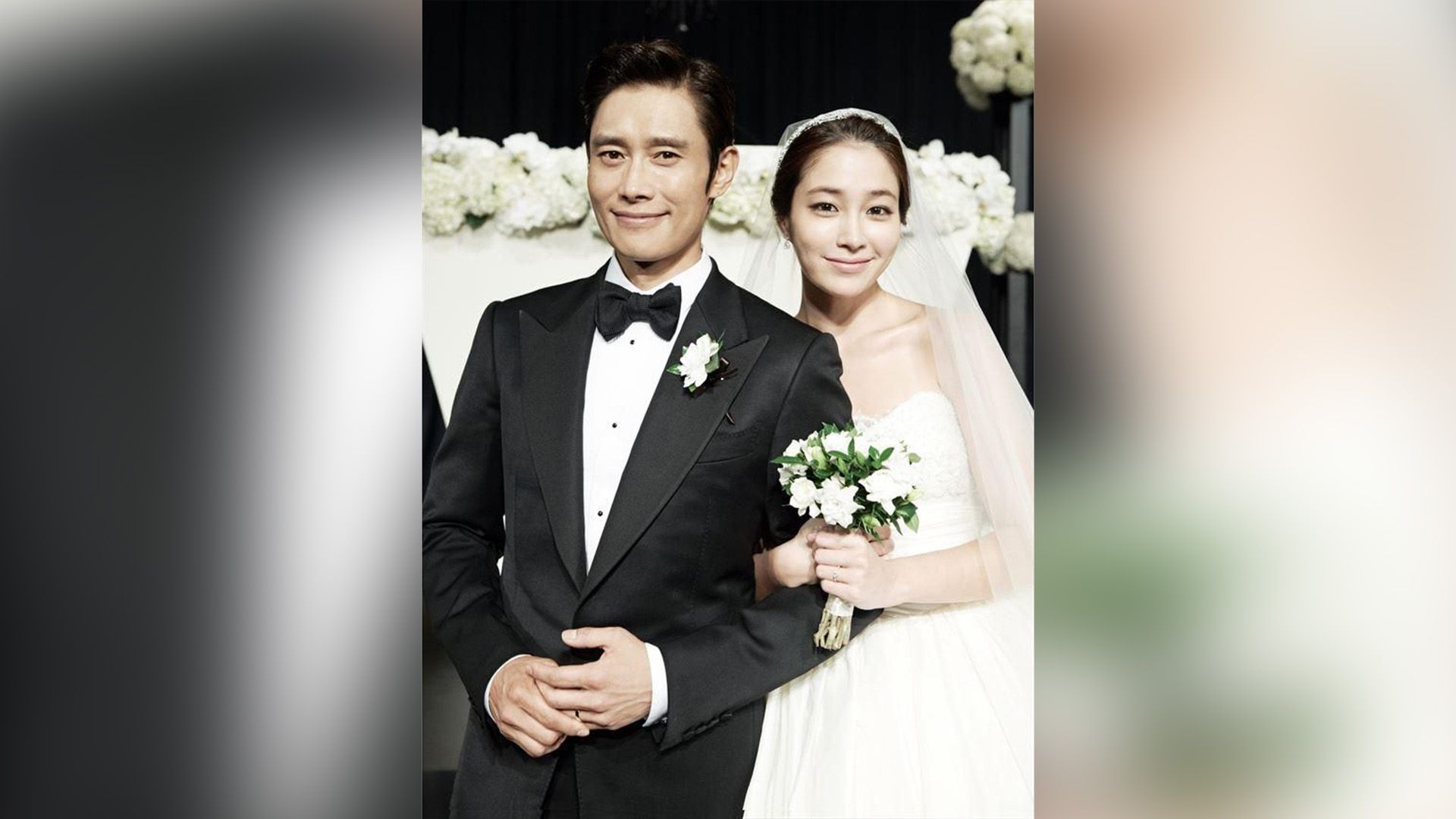
At home, Min-jung describes her husband as someone with a killer sense of humor, completely different from his reserved public persona:
The actor's hobbies include taekwondo, which he practices in his free time, and coffee. In 2010, he earned his barista certification, taking a brief break from acting to do so.He's definitely shy, but around close friends he's the funniest person. In group chats, he barely posts anything – unless it's something funny.
Lee Byung-hun Now
2025 has been a packed year for Lee Byung-hun. On September 24, "The Method of Elimination" hit Korean theaters, with the actor taking the lead role in director Park Chan-wook's latest. The film earned rave reviews from critics – it's sitting at 100% on Rotten Tomatoes and scored 87 out of 100 on Metacritic. Time Out gave it a perfect 5 out of 5 stars, calling it "a masterful piece of cinema that may well be Chan-wook's masterpiece."The film made its world premiere in August at the 82nd Venice International Film Festival. It then opened the 30th Busan International Film Festival. "The Method of Elimination" has also been submitted for Oscar consideration in the Best International Feature Film category at the 98th Academy Awards.
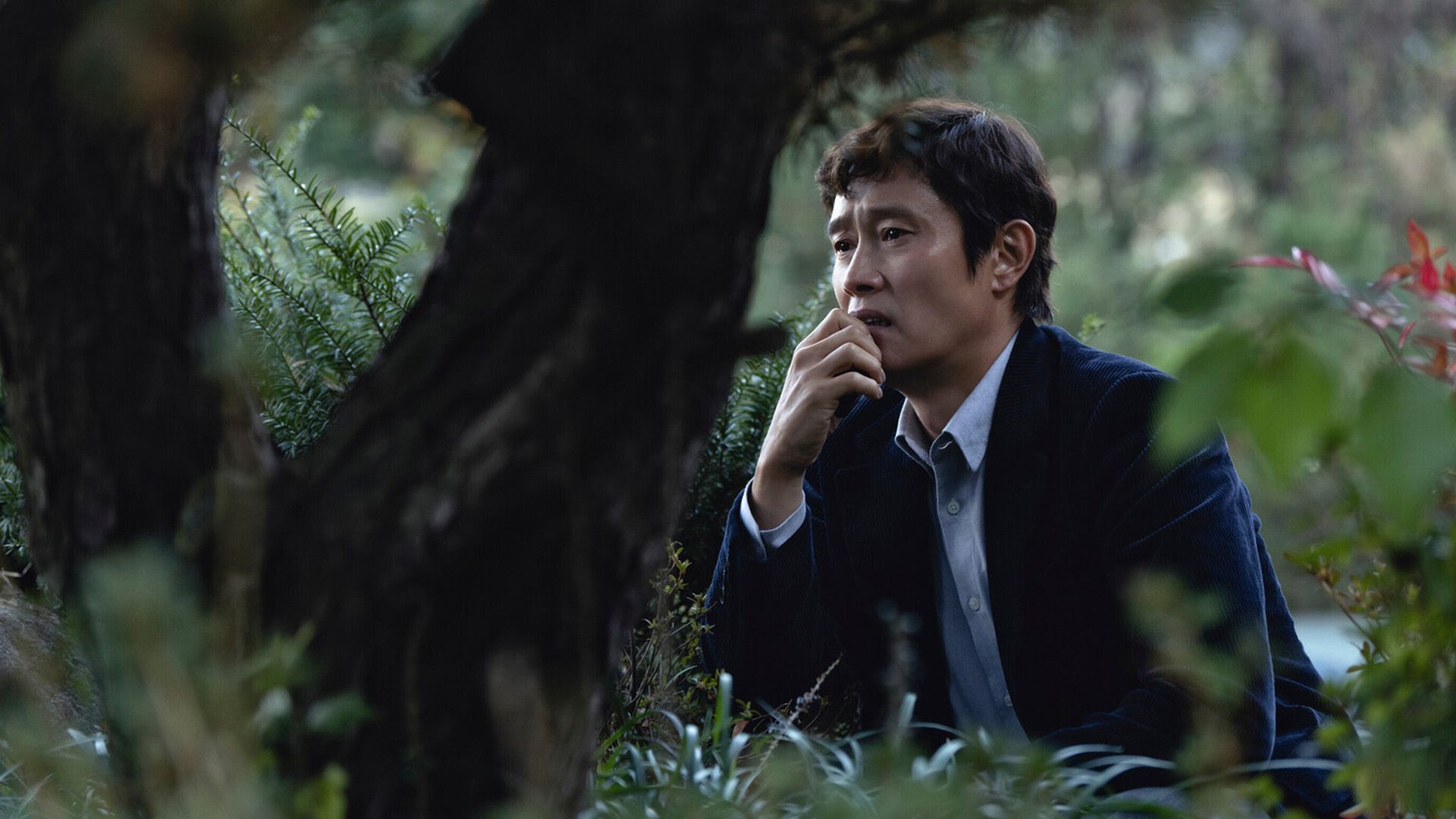
Fun Facts
- Five films starring Lee Byung-hun – "Joint Security Area," "The Good, the Bad, the Weird," "Masquerade," "Inside Men," and "Master" – made South Korea's all-time highest-grossing films list.
- In 2012, Lee became one of the first Korean actors to leave his hand and footprints in the forecourt of the TCL Chinese Theatre in Hollywood.
- Besides his native Korean, Lee speaks fluent English, French, and Chinese.
- When his films come out, Lee secretly slips into theaters and sits in the back rows to stay under the radar while soaking up the audience's reaction.
Found an error? Select the text and press Ctrl+Enter
Error in the text? Select it — a send button will appear
Publication Details
